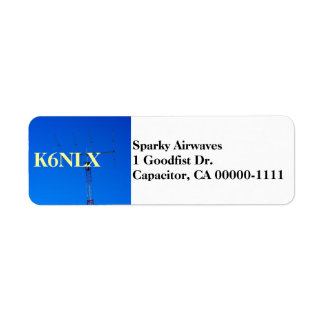
Maintaining your radio equipment is vital for the longevity and efficiency of your communication tools. Keep your message simple and to the point, and avoid jamming the frequency with information that is not relevant to the situation. It is important to pronunciate your words carefully to avoid misunderstandings, and always listen before transmitting to ensure you are not interrupting an ongoing conversation on the frequency.īeing brief is not only about using the right phraseology but also about avoiding unnecessary chatter during radio communication. Speak clearly and at a normal conversational volume, avoiding shouting or whispering which may affect the clarity of your message. Begin by holding the microphone close to your mouth, approximately one to two inches away. Proper microphone techniques are essential for clear, concise communication during radio transmissions. In this section, we will explore the essential sub-topics of microphone techniques and equipment maintenance. When it comes to mastering radio etiquette and phraseology, a solid foundation in understanding radio equipment is crucial. Misinterpretations can often be reduced or resolved by simply asking for clarification.īy understanding and practicing these principles, both pilots and air traffic controllers can enhance their communication skills, improving overall safety and efficiency within the aviation industry.
ATC RADIO ETTIQUITE FULL

Clarity: Speak clearly and at an appropriate pace, using standard aviation terminology and phraseology.This ensures that only necessary information is shared, reducing the chance of confusion and misinterpretation. Brevity: Keep transmissions short and to-the-point.Some key components of effective aviation communication include: Proper use of aviation language and terminology demonstrates professionalism and aids in maintaining a good rapport between pilots, controllers, and other aviation professionals. It also minimizes the risk of misunderstandings, which can have serious consequences.

Mastering radio etiquette and phraseology is crucial for both pilots and air traffic controllers (ATC), as it ensures smooth coordination between parties and ultimately enhances safety.Ĭlear and concise communication between pilots and ATC can help reduce workload and stress in high-pressure situations. As aviation enthusiasts and student private pilots, we strive to put ourselves in your shoes when creating this information.Įffective communication skills are essential in various aspects of life, particularly in aviation. At PilotPassion, our aim is to provide you with the most interesting and relevant aviation content. Through mastering radio etiquette and phraseology, individuals can communicate like professionals and ensure the smooth operation of air traffic systems. This standardized language has evolved over time, designed to provide maximum clarity while avoiding ambiguities that might lead to flight safety incidents. Understanding and implementing aviation phraseology contributes to the quality and brevity of radio communications. Proper radio operation techniques and tips allow for a seamless exchange of information, whether at towered or non-towered airports. By utilizing standardized phrases and avoiding pitfalls of ineffective communication, individuals can relay information accurately and efficiently. Radio etiquette plays a significant role in maintaining effective communication between parties. Follow the pathway to private pilot certification and take to the skies.

In this article, we will explore the fundamentals of proper radio communication, focusing on best practices and techniques used in the field. Mastering radio etiquette and phraseology helps ensure clear and concise transmissions, reducing the risk of miscommunication and enhancing overall flight safety. Effective radio communication is a crucial skill for pilots, air traffic controllers, and radio operators in the aviation industry.


 0 kommentar(er)
0 kommentar(er)
